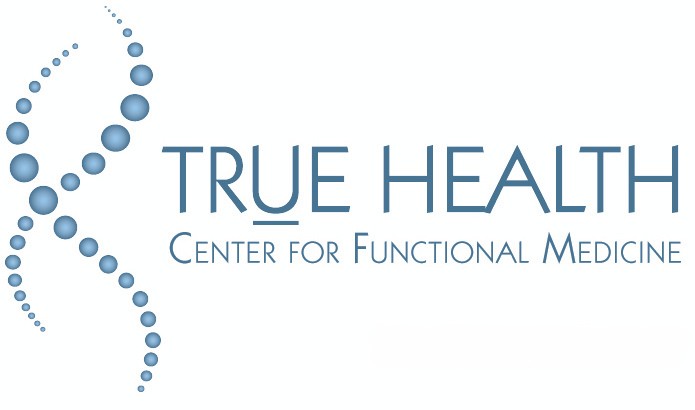- Symptoms: Amenorrhea (few or absent periods), infertility due to anovulation (ovaries do not release eggs), Hirsutism (excess body hair), thin scalp hair, acne, weight gain, depression
- Signs: irritable if meals are skipped, fatigue after meals (eating relieves symptoms), depends on coffee or caffeine to get started in the morning
- Those with PCOS have a very high risk of also having an autoimmune condition called Hashimoto’s in which the body’s immune system attacks healthy thyroid tissue. This leads to hypothyroidism. This can be tested for by screening TPO antibodies. Those with PCOS being treated with clomiphene citrate have an even higher risk of having or developing Hashimoto’s.
- PCOS is triggered by high testosterone levels
- Insulin creates the production the testosterone
- Insulin helps lower blood sugar when high
- Insulin will also cause the liver to produce excess cholesterol. This can further alter hormones since sex hormones (estrogen, testosterone, etc.) are made from cholesterol.
- Women with insulin resistance and/or diabetes will experience the highest testosterone levels.
- The key is to control insulin surges. Best signs of insulin surges or insulin resistance- fatigue after meals and/or irritability in between meals.
- Insulin drives high testosterone, high testosterone drives insulin. This creates a “vicious cycle” that feeds itself. Even though diet and exercise are KEY, breaking that cycle is just as important. There are peer-reviewed studies that show specific botanicals and nutrients that help break that cycle.
- High testosterone is the MOST COMMON hormonal shift in menstruating women.
- PCOS is the most common cause of infertility in the USA.
- A simple test can be done in the office or remotely to determine the many factors that drive PCOS.
- Most mainstream healthcare options do not offer this comprehensive approach. For help contact our office.
Our goal is to identify and address the “spider web” of biological dysfunctions that play a role in chronic disease. We provide the most comprehensive care to those with chronic conditions and those who want to prevent chronic conditions, which make up the top ten most common causes of death. We do this through our home office in Atlanta, Georgia and around the world through our TeleHealth phone consultation service.

